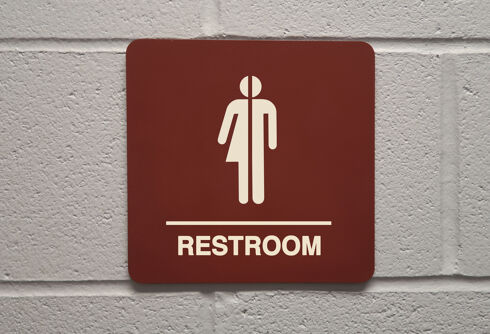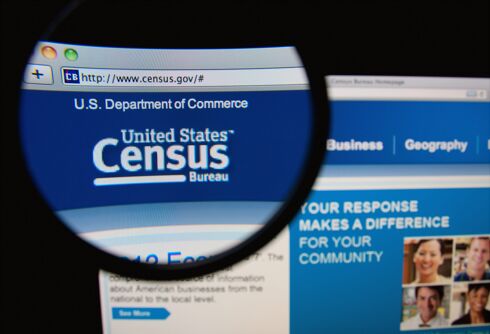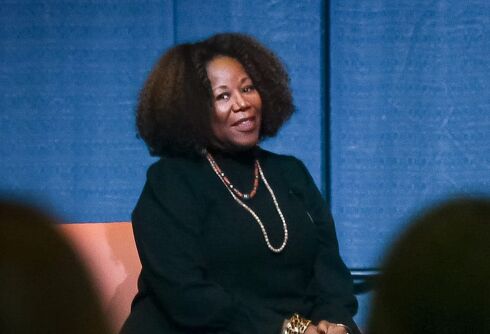ST. PAUL, Minn. — Two freshman Democratic state representatives from socially conservative districts took opposite sides in their support for legalizing same-sex marriage in Minnesota, the latest among undecided lawmakers weighing their personal feelings against their political future.
Rep. Joe Radinovich (DFL-Crosby) had previously been undecided on whether the support the bill, but said Friday he would vote in favor, a key pickup for supporters as votes on the issue get closer at the Capitol.


Radinovich said he decided more than a decade ago that he personally supports letting same-sex couples legally marry, but was conflicted knowing that many residents of his Brainerd-area district are more skeptical.
“This was not an easy decision, but at the end of the day I’d rather protect my integrity than my job,” Radinovich told The Associated Press. The 27-year-old lawmaker won his seat by just 323 votes last fall.
Never Miss a Beat
Subscribe to our newsletter to stay ahead of the latest LGBTQ+ political news and insights.
Lawmakers could vote as early as next week on the bill to make same-sex marriage legal in Minnesota on Aug. 1, though votes have not yet been scheduled in either the House or Senate.
While supporters appear to have the needed votes nailed down in the Senate, the House is less certain. A group of about a dozen rural House Democrats have been reluctant to commit, hailing from districts where voters strongly backed last fall’s failed constitutional gay marriage ban.
Radinovich typifies this group. The gay marriage ban won the support of 62 percent of voters in his district; to date, no DFL lawmaker from the few districts with a higher margin than that has come out for the gay marriage bill.
One House Democrat in a similar circumstance made took the opposite direction.
“I’m voting no because I have to reflect my district on this one,” said Rep. Mary Sawatzky (DFL-Willmar). Also a freshman representative, voters in Sawatzky’s district also backed the gay marriage ban by a margin above 60 percent.
Rep. Paul Marquart, of Dilworth, a veteran DFLer whose district also reached nearly 60 percent, said he’s still undecided. “I’m getting passionate correspondence on both sides of the issue,” Marquart said.
Last month, Sen. Kent Eken, a DFLer who represents a northwestern Minnesota district that backed last fall’s gay marriage ban by 53 percent, said he’ll vote in favor of the bill.
Article continues below
The situation is different in the Senate, where Sen. Branden Petersen (R-Andover), is a definite yes. A handful of others – Sen. Dave Senjem, of Rochester, and Sen. Karin Housley, of Stillwater, among them – say they’re undecided.
“All you can do is listen and understand both sides, and I’m trying to do that,” said Housley, whose situation is the flip side of what’s facing Democrats like Radinovich and Marquart: voters in her suburban Twin Cities district defeated the gay marriage ban by a vote of 54 percent.
Housley said she probably wouldn’t decide how to vote until the minute she has to push the green or red button on the Senate floor.
Senate Majority Leader Tom Bakk said on Friday that it remained his preference for the House to take up the bill first.
But, Bakk said, House Speaker Paul Thissen asked him to consider the option of acting first. If the Senate were to pass the bill first with a bipartisan vote, that could build momentum for it in the House.













